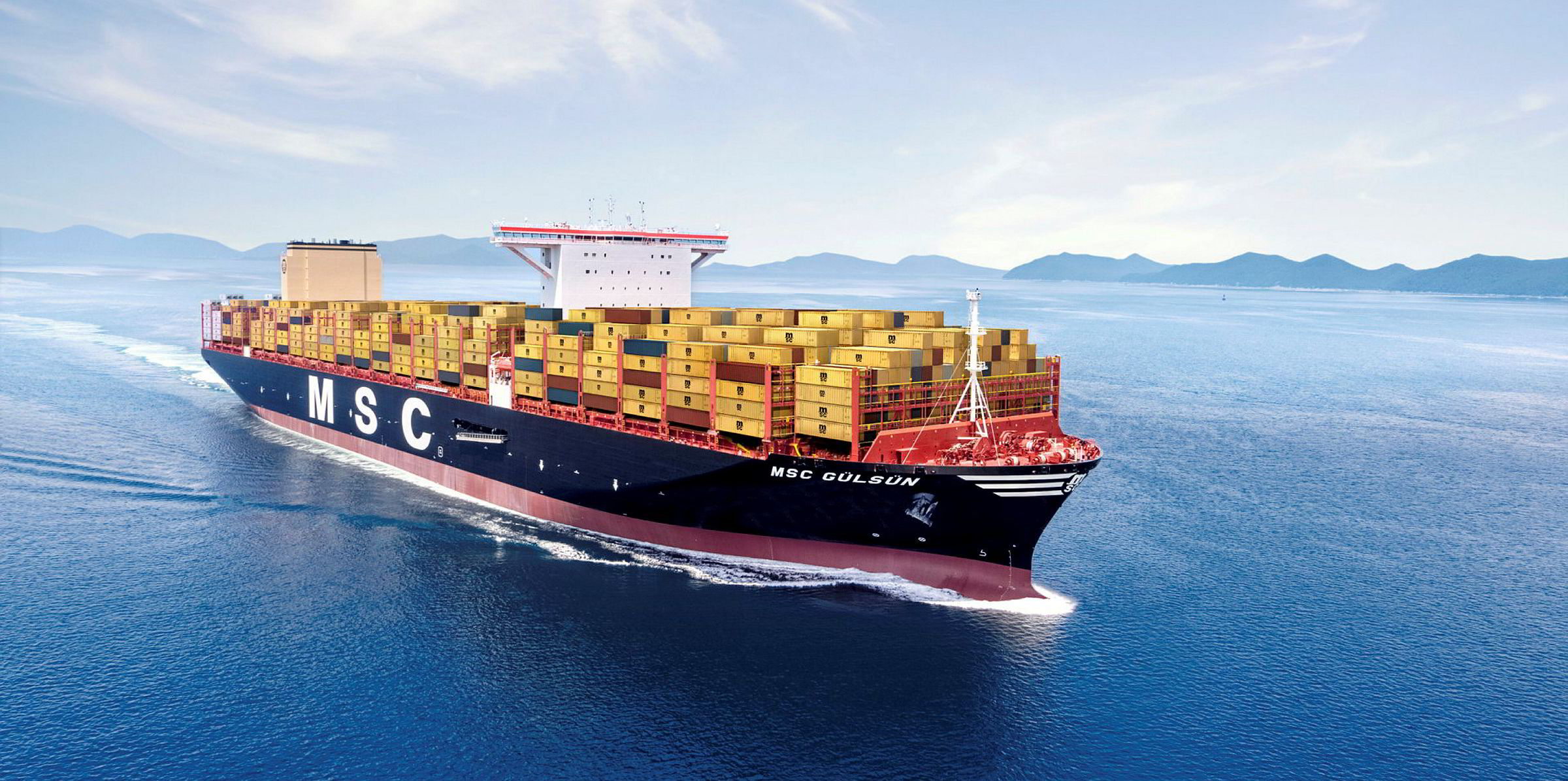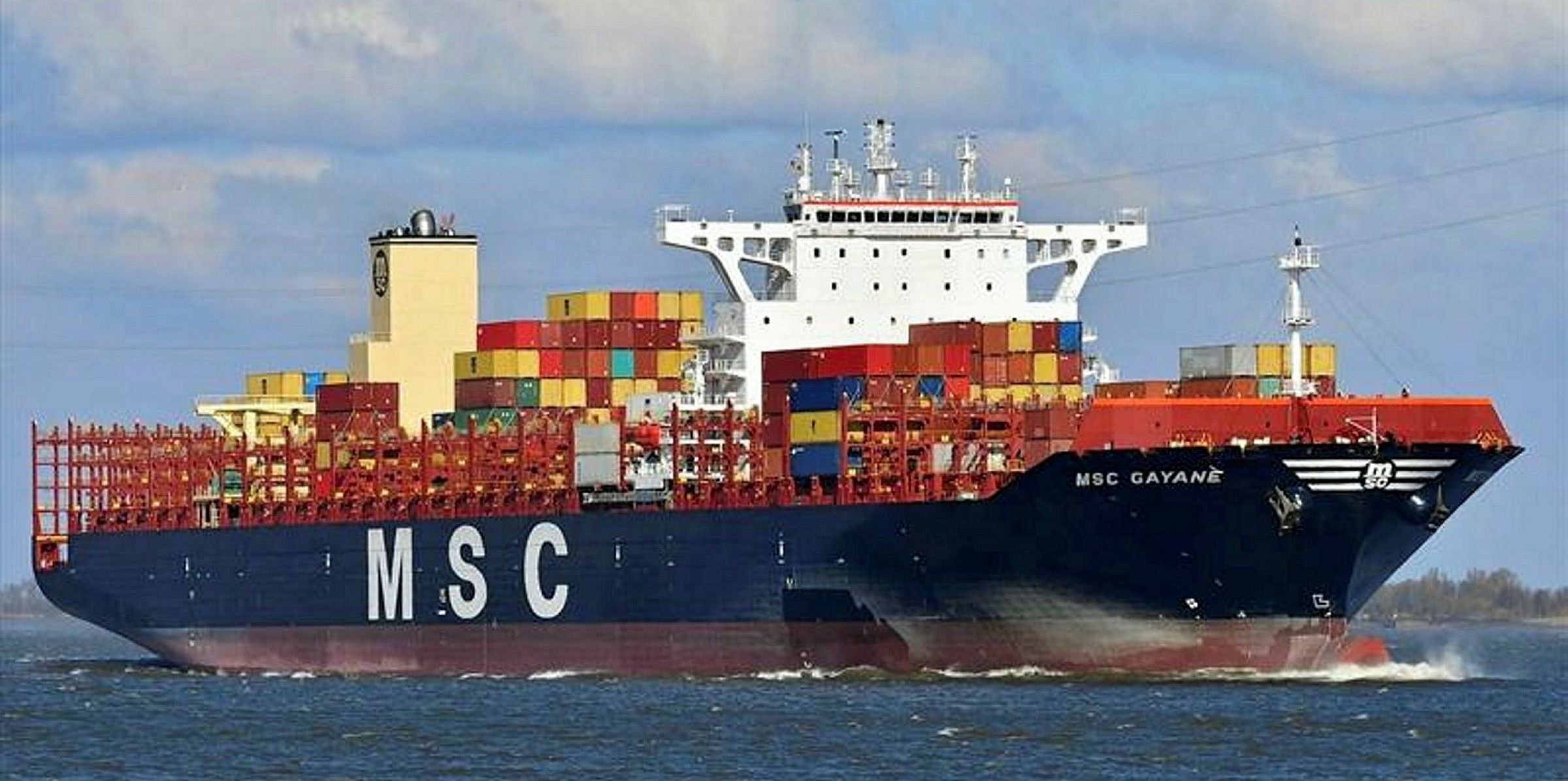Mediterranean Shipping Co (MSC) has responded to criticism of its emissions record with a robust defence of its decarbonisation efforts.
The container line was ranked eighth this month by green lobby group Transport & Environment (T&E) on a list of the top 10 polluters in Europe.
The Swiss-based operator’s ships emitted 11m tonnes of CO2 last year on journeys to and from, or within, the European Union, T&E claimed.
MSC’s 362 European vessels were said to be responsible for 25% of the EU’s container carbon emissions. Maersk was next among shipping companies with a carbon output of 8.2m tonnes.
MSC said it was "strongly committed to further reducing CO2 emissions and supporting longer term goals to fully decarbonise shipping and ensure it is a truly sustainable industry."
It added it is investing heavily in low-carbon technologies and extensive newbuild and retrofit programmes to boost performance and minimise its environmental impact.
The fleet improvement programme has resulted in a 13% reduction in CO2 emissions, the company said.
"Furthermore, the latest newbuilding additions to the fleet – led by MSC Gulsen, the largest containership in the world – has introduced a new class of sustainable container shipping, with the lowest carbon footprint by design, at 7.49 grams of CO2 emissions to move one ton of cargo one nautical mile," the company added.
Incomplete analysis
It said the T&E data "offers an incomplete analysis" and "does not give an accurate picture of the emissions from the shipping sector".
"In particular, the T&E analysis fails to take a number of operational aspects of MSC’s services fully into account, and thus does not offer a complete assessment of our role and impact in terms of emissions," T&E added.
According to an MSC analysis of its own operational records, only 40% to 45% of the 11m tons of emissions reported were actually in the EU.
MSC explained that shipowners are mandated to report consumption and CO2 emission data for voyages starting and terminating in EU ports.
These emissions are calculated based on the last port of call before entering the EU or the first port of call after leaving the EU.
As an example, a ship carrying fruit from the Caribbean to Northern Europe and back needs to report emissions for the whole distance of the trip, even though only part of it takes place in the EU.
"As a result, the actual emissions in the EU for this particular ship may be up to 65% less," the company said.
MSC also said its own feedering operations are counted, while other carriers using third party feeder vessels are not held accountable for those emissions.







